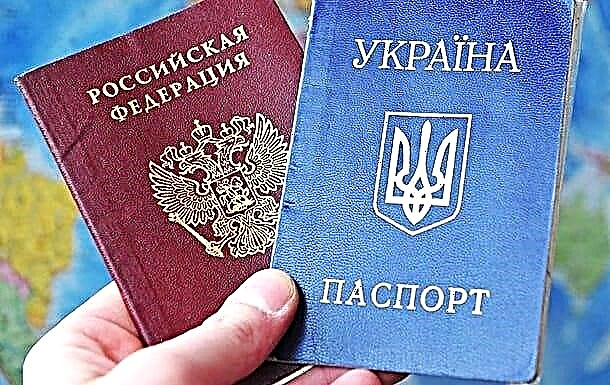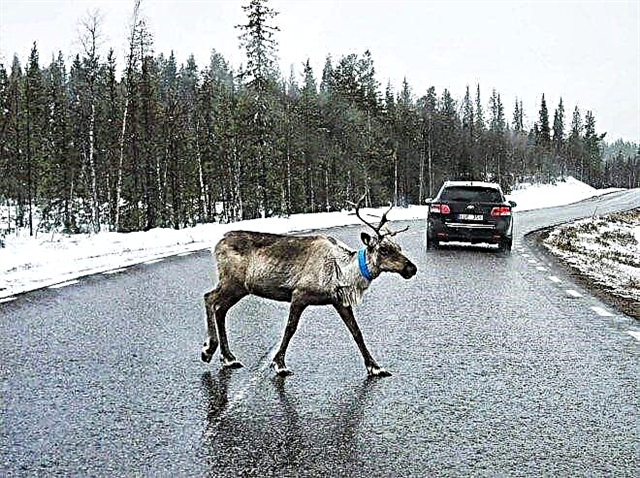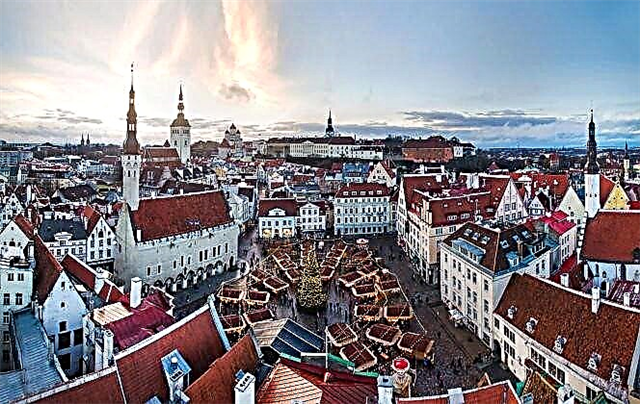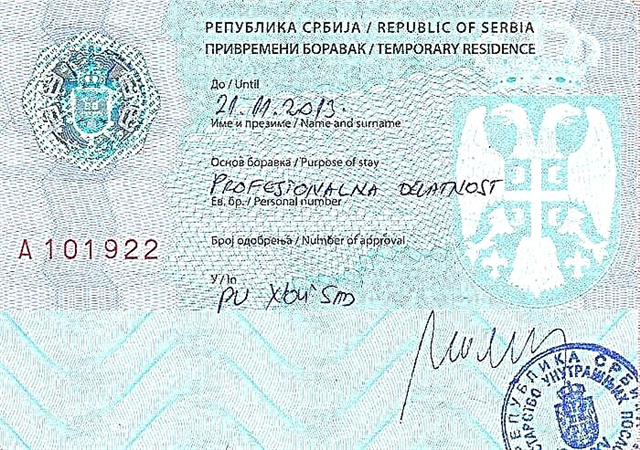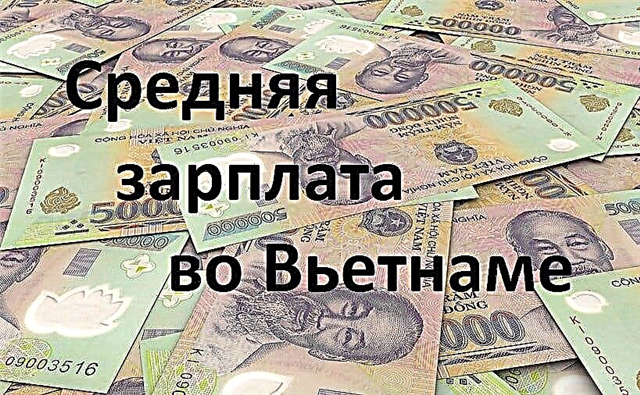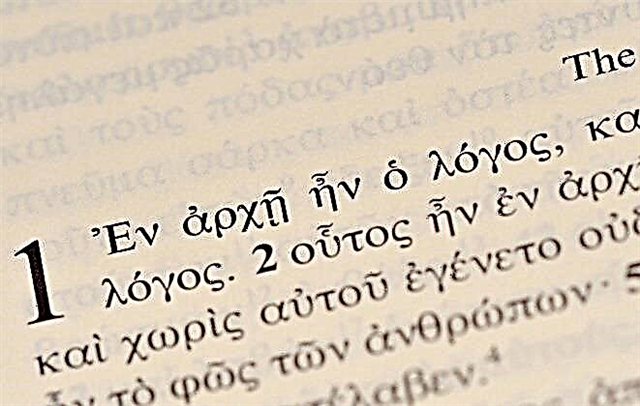When asked what language in Greece, many will remember Homer, Socrates, Plato, although in fact, modern Greek has not so much in common with the ancient language of the ancient Greeks. As a language of interethnic communication, modern Greek was formed a little over a hundred years ago, incorporating elements of Albanian, Turkish, Bulgarian and other languages. In addition, a significant part of Greece is located on the islands, so in Athens, Cyprus or Rhodes and in 2021, you will hear different dialects that have formed there over the centuries.

A bit of the history of the Greek language
The Greeks used to be proud of their ancient history and the language in which the masterpieces of ancient literature were written. However, the history of the Greek language has seen its ups and downs. The ancient Greek version, widespread in the Byzantine Empire or Ancient Hellas, is so different from modern speech that only specialists understand it without translation. For thousands of years, the Greeks introduced borrowed words into their dialect, the structure of phrases changed, the alphabet improved.
After the revolution of 1821 and the liberation from Turkish rule, the Greeks began to reform their language. Until the beginning of the twentieth century, there were two non-overlapping branches: "demotics" - a simplified version, which was spoken by the bulk of the population, and the classic Greek language - "kafarevusa" - in which books were written and newspapers were published.
Today, the basis of the modern language is "demotics", which has been supplemented with words and phrases from the classical language.
It is used for teaching at school, it sounds on television, radio, the overwhelming majority of Greeks communicate on it. At the same time, lawyers, ministers of the church still use "kafarevusa", which the majority of locals hardly understand.
What language is considered official
The state language is considered to be the modern Greek language, which is spoken by 10 million Greeks, about a million Cypriots, representatives of the diaspora that have spread throughout the world. And although initially there were many options for colloquial speech on the territory of the country, the centralization of education, a single television, radio stations broadcasting in the generally accepted form of spoken Greek, led to the fact that dialects are gradually being replaced.
Since in the last two centuries there have been two variants of the language spoken by the Greeks, since 1976, "demotics" began to teach in schools as the most common form, although "kafarevusa" was still provided in universities and high schools.
But since 1982, the colloquial folk version won out over the classics: by law, “demotics” was finally approved as the only unified form of communication in the state. Since then, the state language of Greece has been a slightly ennobled speech of ordinary Greeks, which has received full recognition.
What dialects exist in Greece
Despite the fact that the modern Greek folk language is understood by almost all residents of the country, in many remote areas there are still local dialects that are not always understood by residents of other parts of the state.
Many Greek dialects have their own names. So, in Crete it is sfakya, tsabknika - this is the name of the dialect of the middle part of the Peloponnese, the speech of the mountainous regions - Sarakitsani, which is considered a direct descendant of the ancient language of the first settlers of the peninsula - the Dorians. These dialects are already incomprehensible to modern Greeks, but many people use them in everyday life.
By the way, the second name of the Greek language also exists: its self-name sounds like "Hellenica", since from ancient times the Greeks called themselves Hellenes, and their beautiful country - Hellas.

In some settlements, dialects are heard that are not taken into account anywhere: there are villages of Greeks with a peculiar Pontic dialect, Greeks speaking Ruman, Macedonian, Cypriot dialects.
What linguistic minorities exist in Greece
Having experienced difficult historical events, wars and migration, Hellas is a very difficult country in terms of ethnic composition. At the same time, the main principle for determining nationality is the linguistic community of residents. The Greek language belongs to the group of the Greek Indo-European family, it is the only one in its group, therefore the Greeks have no close nationalities.
The authorities of the country claim that 90% of the population are Greeks, although in the EU this data is questioned. The Muslims of Thrace and the Dodecanese Islands are considered the official minorities. This group includes Turks, Pomaks (Bulgarians), Gypsies. Armenians are traditionally recognized as a national minority.
Ethnographers also single out several more nationalities that are not indicated anywhere as minorities, although they have preserved their native language, culture, and traditions of their ancestors. These are Albanians, Arnauts, Macedonian Slavs, Serbs, Arabs, and some other groups living compactly.
It is interesting that the Vlach Greeks live in the northwest, who use the Vlach dialect. Scientists are inclined to believe that he is, in fact, close to Latin, and his closest relative is Romanian.
How common are English and Russian
Continuing to explore the question of what language is spoken in Greece, we can note the widespread prevalence of English in resort cities. Where tourists rest, service personnel in hotels, shops, cafes communicate tolerably in English, so if you have at least a basic level, you can always solve your problems.
In those places where tourists from the CIS, in particular, Russia, often come on vacation, many local residents speak a little Russian, at least they will be able to understand simple requests.
At the same time, given that the Greek language group stands apart from other languages, in remote towns and villages you are unlikely to be understood if you start speaking English or Russian. Here you will either have to purchase a Greek-Russian phrasebook, or seek help from an interpreter.
The Greeks themselves respect the attempts of foreigners to address them in Greek. If you have learned at least a few phrases, you become a "xenos" - a guest, not an ordinary tourist ("tourist").
And although the language of communication for tourists in Greece is most often English, French, Italian or Russian, even broken Greek is welcomed in every possible way.
Popular Greek words and phrases
When going on a trip, you cannot always count on the presence of an interpreter at the hotel or the ability of the service personnel to speak Russian. But sometimes there is a need to find out something, to learn, and for this - to ask questions in Greek and understand the answers.

To be ready to communicate, it is worth learning a few common words.
- Address to a man: "kirie" (lord), to a woman - "kiriya" (mistress).
- In the morning or afternoon, the greeting sounds like "kalimera", in the evening - "kalispera". Thank you pronounced as "efcharisto". Gestures are used in large quantities, therefore, knowing individual words from the Greek language and helping yourself with gestures, it is quite possible to explain yourself, only if you understand the logic of gestures.
- For example, a head nod from top to bottom does not mean our usual "yes", but, on the contrary, "no", which sounds like "ooh".
- But shaking your head from side to side, accompanied by a seemingly familiar “ne”, actually means “yes”, which often leads to misunderstandings in communication.
Apparently, due to such inconsistencies, tourists when asked what language Greek is similar to, often answer that it is unique.
Conclusion
The peculiarities of the Greek language are in its formation from the folk and classical variants.Going to Greece, you should learn at least general information about its language, learn a few words in Greek. It will not be difficult, but it will bring a lot of benefits in communicating with the locals: the attitude towards such guests is warmer and more attentive.

